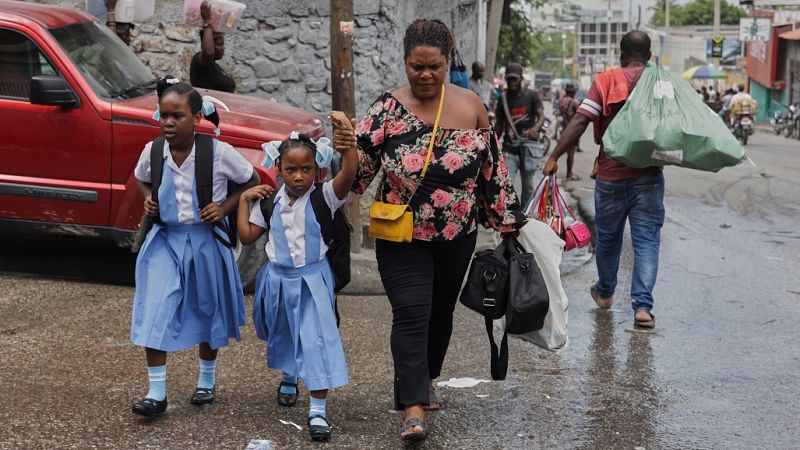U.N. security council approves new gang suppression force for Haiti

As gangs tighten their grip on Port-au-Prince, the UN Security Council has approved a new international force to combat the violence. However, the announcement is being met with profound distrust from Haitians, who have seen previous missions fail to deliver on their promises.
The newly sanctioned force, authorized to have 5,550 personnel and the power to arrest gang members, is set to replace an understaffed and underfunded Kenyan-led mission whose mandate has expired.
U.S. Secretary of State Marco Rubio pledged a "rapid deployment," stating the force would address urgent security challenges and lay the groundwork for long-term stability.
A Legacy of failure fuels distrust
This optimism is starkly absent on the ground. The previous mission never reached its target of 2,500 personnel and was severely underfunded.
"There are always resolutions, there are always missions coming to Haiti. If they truly wanted to make a difference, they would have done so by now," said Port-au-Prince resident Josue Deroisier, capturing a widespread sentiment of disillusionment.
A nation in crisis
The scale of the crisis is immense. Gang violence has displaced a record 1.3 million people, creating the largest displacement in Haiti's history.
Against this backdrop of severe hunger and poverty, residents like Rodrigue Pierre view new interventions with suspicion, stating, "The United States poses a threat to Haiti."
The new force faces the dual challenge of tackling powerful gangs and overcoming a deep deficit of public trust.
Today

